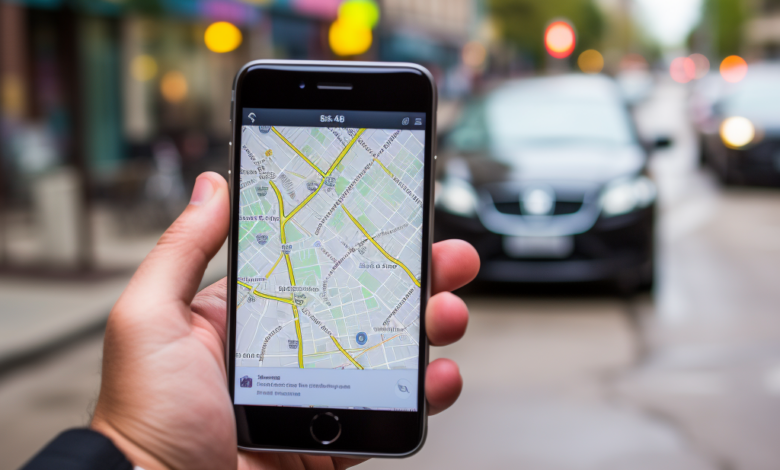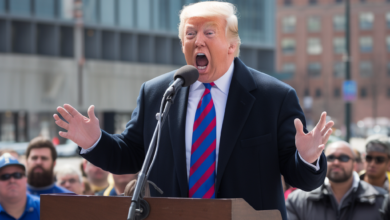Minneapolis Rideshare Battle: Lyft and Uber Threaten Pullout Over Minimum Wage Rule

In a heated showdown between rideshare giants and the Minneapolis City Council, the future of app-based transportation services in the city hangs in the balance.
The council’s recent decision to pass an ordinance setting a minimum wage for rideshare drivers has prompted Lyft and Uber to brandish a drastic ultimatum: cease operations within the city limits. The new ordinance, narrowly approved by a 7-5 vote, introduces several measures aimed at safeguarding the rights of rideshare workers, chief among them being a minimum wage requirement for drivers employed by platforms like Uber and Lyft. The proposal dictates that drivers within Minneapolis should receive a minimum compensation of $1.40 per mile driven and $0.51 per minute of active driving time.
As the gig economy continues to reshape the employment landscape, gig workers have been raising their voices to demand better wages and job benefits. Cities and states across the nation have wrestled with legislation aimed at regulating the gig economy, often clashing with fervent opposition from these tech-driven platforms.
In response to Minneapolis’ proposal, Lyft penned a letter to the city council, warning that if the ordinance becomes law, the company would be left with no choice but to halt operations within the city, effective January 1, 2024. Lyft argues that this move would prove detrimental to drivers’ earnings, potentially doubling the prices of rides and making transportation affordable only for the more affluent.
The company maintains that the ordinance was rushed through the council without ample consideration and suggests that the state’s rideshare task force should be given time to complete its research before enacting such a significant change. Uber, another major player in the rideshare industry, has also mobilized its user base, urging riders to contact the Mayor and City Council to oppose the new rule. Uber has highlighted concerns that the ordinance could hamper its ability to weed out unsafe drivers from its platform and drive up the cost of rides.
In a bid to gain public support, Uber reported that over 700 emails were sent by riders to the city officials on Thursday alone. Minneapolis Mayor Jacob Frey, who holds the power to veto the ordinance, expressed his reservations about the legislation. He emphasized that the proposed changes could impact worker protections, public safety, disability rights, and the city’s transportation goals. Following conversations with a broad spectrum of stakeholders, Mayor Frey noted that a more deliberative process was essential, implying that the decision might have been rushed.
The debate in Minneapolis is not occurring in isolation. In recent years, various states have grappled with regulating the burgeoning gig economy. California’s Proposition 22, passed in 2020, permitted companies like Uber and Lyft to classify drivers as independent contractors rather than employees, while still guaranteeing a minimum earning threshold. Similarly, New York City introduced a minimum pay-rate for food delivery drivers working for app-based platforms like Uber Eats and DoorDash.
As the dust settles on this contentious issue, the fate of rideshare services in Minneapolis remains uncertain. The standoff between these tech giants and the city council underscores the broader challenge of balancing worker rights, fair compensation, and the evolving landscape of employment in the digital age. With the January 1, 2024 deadline looming, all eyes are on Mayor Frey’s decision, which will determine whether Minneapolis retains its status as a rideshare battleground or charts a new course for gig economy regulations.





